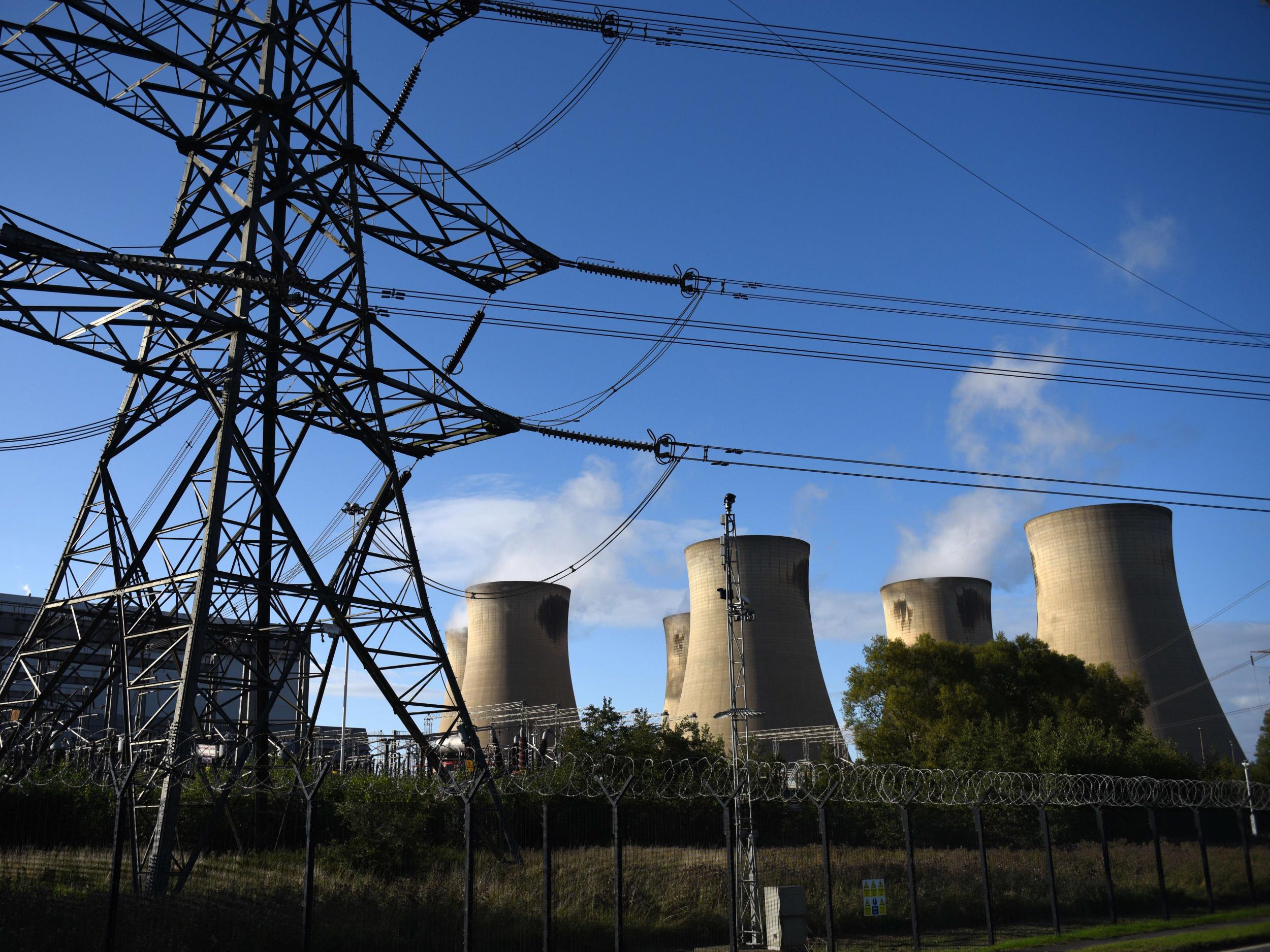Government urged to back carbon capture technology to meet climate change goals and protect UK industry
Some heavy industries may have to shut down unless carbon capture is deployed,say MPs

Carbon capture and storage technology must be backed by the government or many heavy industries may have to shut down, MPs have warned.
The technology is needed to meet climate change targets as well as supporting productivity growth, the Business, Energy and Industrial Strategy Committee said
Carbon capture usage and storage (CCUS) allows CO2 from waste gases to be ‘locked up’ this or used in industrial processes. No commercial-scale plant has yet been constructed in the UK.
Failure to properly utilise CCUS could double the cost of meeting climate change targets and would mean Britain could not credibly adopt a ‘net zero emissions’ target in line with the Paris climate agreement, the committee said..
MPs accused the government of a “lack of clarity” around CCUS which is seen as expensive.
Five industrial areas - Teesside, Humberside, Merseyside, South Wales, North East Scotland – have been identified as well suited to early CCUS deployment with the first facility targeted for comissioning by the mid-2020s.
The report calls for a more ambitious target the development of CCUS projects in at least three regions by 2025.
CCUS has already had a number of false starts. A demonstration competition was launched in 2007, followed by a 2009 commitment to support up to four CCUS demonstrations over the following decade.
The first was cancelled in 2011 because it was going to exceed a £1bn budget agreed, said the report. A second £1bn competition was launched in 2012 then cancelled in 2016 due to concerns about the future costs for consumers.
The report also recommends that the Government consider an alternative to running a third competition for funding and urgently consult on approaches to allocate funding for CCUS industry clusters, to ensure that the approach selected promotes collaboration and benefits CCUS development across the UK.
Committee member Anna Turley, Labour MP for Redcar, said: “The UK has an opportunity to lead the world in the development of a new CCUS industry.
“In addition to helping to tackle UK carbon emissions, CCUS can play a crucial role in delivering much-needed investment in skills and infrastructure and supporting regional growth and jobs.
“The current energy minister has been a champion for CCUS, and there have been some encouraging recent developments, but the CCUS industry has been the victim of years of turbulent policy support and suffered a series of false dawns.
“The Government now needs to give the green-light to CCUS and ensure that we seize the domestic growth and jobs opportunities of this modern, green industry.
“CCUS is crucial to meeting the UK's climate change targets and will be vital to achieving a net zero target, but Government support is needed to make CCUS a reality.
“Without CCUS many of our heavy industries could face closure. CCUS has a critical role to play in decarbonising our economy and modernising UK industry - the Government should now throw its full support behind CCUS and put the right policy levers in place to ensure that this technology can deliver on its potential.”
Energy UK's chief executive Lawrence Slade said: “Energy UK is a member of the CCUS Council and our members are already deploying pilot schemes, but while there is growing recognition from Government of the importance of CCUS, a full commitment is necessary to bring forward the substantial and long-term investment that will enable it and allow CCUS to play a crucial role in the future energy system.
“As we've seen with renewables like offshore wind, becoming a world leader in new technologies can bring economic benefits to the UK through jobs, investment and exports - at the same time as innovation and growing expertise drive down costs.”
Will Gardiner, chief executive of Drax Group, which is currently piloting CCS technology at its power plant at Selby in North Yorkshire, said: “Climate change is the biggest threat to our planet but if we take steps now the UK could lead the world in pioneering the CCUS technologies needed to meet our climate targets.
“Supporting the development of the CCUS industry in the UK will generate jobs and economic growth here whilst creating new export opportunities, helping other countries to make the progress needed to meet global climate targets.”
A Business Department spokesperson said: “We are pleased that the committee shares our believe that CCUS can play an important role in meeting our climate targets.
That is why through our Industrial Strategy we are investing over £50 million in developing this innovative technology and a further £170 million towards our mission to fully decarbonise an industrial cluster by 2040, where CCUS will play a key role.
Our Carbon Capture Action Plan shows we are ready to rise to the challenge of tackling climate change while kick-starting a new industrial opportunity as we aim to deploy the first CCUS facility in the UK from the mid-2020s and roll out the technology at scale by the 2030s."
Subscribe to Independent Premium to bookmark this article
Want to bookmark your favourite articles and stories to read or reference later? Start your Independent Premium subscription today.

Join our commenting forum
Join thought-provoking conversations, follow other Independent readers and see their replies